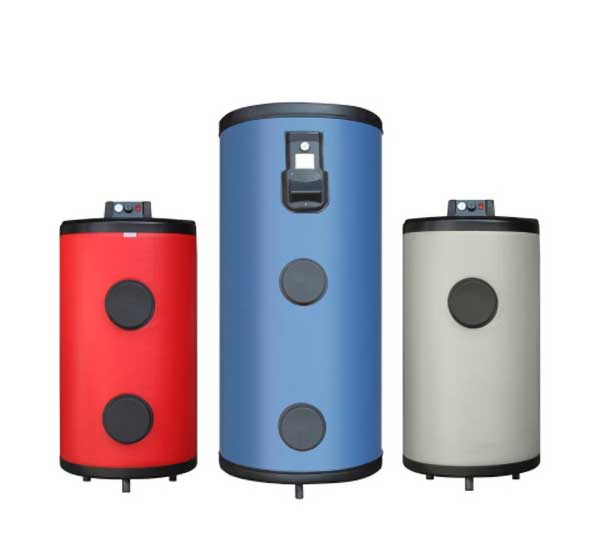
Hot water. We love it, we need it, and we tend not to think about the hot water heater until it stops working, and all we have is cold water for that morning shower. THEN we are fully aware of it, and if it’s not repairable, what kind of options are there in today’s world, and what should be on the forefront of your mind as you look through the wide array of electric water heaters, tankless water heaters, heat pump water heaters, energy efficiency, and energy costs, venting options, first-hour rating and more.
There are many factors to consider before you buy a new water heater, including the size of your family, climate, and the type of fuel you use for your home.
Family Size / Usge Requirements
What size and type of water heater homeowners need will depend on their living situation and how much hot water they need. If you have a larger family or if your water usage habits are greater, versus if you are a single person with little water use, it will necessitate a different water heater. This way, you’ll have the right water heater unit for the best performance versus energy savings versus operating costs; and ultimately have the right water heater and enough hot water!
Climate
If you are often in an area with rain, then a conventional water heater will be better than a solar water heater. Depending on the property, having an on-demand water heater that is a point-of-use system allows for hot water only when called on instead of storing 40 or 50 gallons of hot water at a time. Heat loss from cold climates may rob the storage tank water heaters of their high-efficiency burners or the electric heater elements on electric models, which is known as standby loss.
Fuel Source
The fuel sources available to your home will also significantly impact what kind of water heater you can run, as the heat exchanger and how the heating elements are powered are different between the types of water heaters. Typically if your old water heater fuel type was gas, then you should be able to run a gas water heater or change over to electric heat instead (your home’s electric panel and service may prohibit this).
If you’re using gas or liquid propane, both will require a venting source of some kind (typically a flue), as well as gas lines ran if it is a new home or new gas water heater install.
Having hot water for your home is one of your home’s biggest monthly expenditures, so your utility/energy costs (electricity, oil, propane, etc.) may determine the type you buy.
Different Types of Water Heaters
Conventional Storage Tanks
Cons
- Needs more space than on-demand water heaters
- Anode rod needs to be replaced
- Flushing of the tank is recommended
- Longer time on the first-hour rating to get the water temperature to the desired degree
Pros
- Lower initial costs typically
- Store constantly heated water in an insulated tank.
- Take up valuable space in the garage or basement.
- It can hold a large volume of water.
- Natural gas or propane heaters use less energy and cost less than electric.
Tankless Water Heaters
Cons
- Tankless models may have a higher upfront cost
- Can run out of hot water if overused
- If the power goes out, a tankless unit cannot supply any hot water as there is no stored hot water.
Pros
- Tankless heaters have a better energy factor and are more energy-efficient than a conventional storage-tank water heater, though both are energy star rated.
- Has lower operating costs
- Are best for homes that heat with energy sources of natural gas
If you’re in the Kansas City area and need your water heater repaired or replaced, call the plumbing company with the best service and



